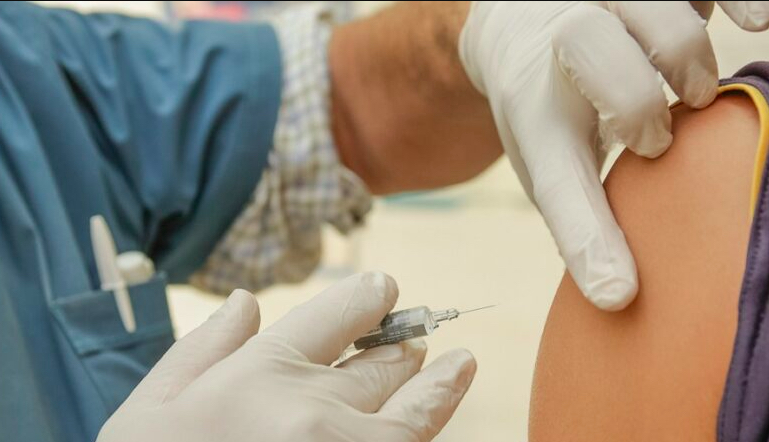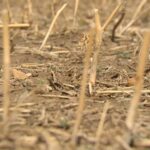A confirmed case of measles in Jasper has public health officials racing to identify individuals who may have been exposed to the highly contagious disease. Alberta Health Services (AHS) issued an urgent alert yesterday after laboratory tests confirmed the infection in an adult visitor who traveled through multiple public locations while contagious.
“This is the first measles case we’ve seen in the Jasper area in over three years, and we’re taking it extremely seriously,” said Dr. Elaine Thompson, Medical Officer of Health for the North Zone. “The virus can remain airborne for up to two hours after an infected person has left an area, which significantly complicates our containment efforts.”
Health authorities have identified several potential exposure sites between July 8-12, including the Jasper Information Centre, Maligne Canyon, several local restaurants, and the SkyTram. Officials estimate that hundreds of visitors and residents may have been exposed during this period.
Measles presents a particular challenge in tourist destinations like Jasper, where the World News significance of global vaccination gaps becomes locally relevant. The disease, once considered nearly eliminated in Canada, has seen concerning resurgence in recent years as vaccination rates have declined in some communities.
“The individual was visiting from a region experiencing its own measles outbreak,” confirmed Thompson. “This highlights how quickly infectious diseases can travel in our interconnected world, especially in popular tourist destinations like Jasper National Park.”
The infected individual reportedly sought medical attention after developing the telltale rash and high fever characteristic of measles. Health officials emphasize that the virus is communicable from four days before to four days after the rash appears, creating a significant window for potential transmission.
AHS has activated its emergency response protocols, including establishing a dedicated hotline for concerned residents and visitors. Individuals who may have been exposed are urged to check their immunization records and watch for symptoms including high fever, cough, runny nose, red eyes, and the distinctive rash that spreads from the face to the body.
“Two doses of the MMR vaccine provide about 97% protection against measles,” noted Dr. Marian Rogers, an infectious disease specialist at the University of Alberta. “This case underscores why maintaining high community vaccination rates is critical for protecting those who cannot be vaccinated, such as infants under 12 months and individuals with certain medical conditions.”
Local businesses are cooperating with health authorities, with many displaying information about the exposure alert. The Canada News significance of this case reflects broader concerns about potential outbreaks in tourist-heavy regions across the country this summer.
“We’re working closely with Parks Canada and local businesses to ensure comprehensive public awareness,” said Jasper Mayor Richard Carson. “Our community has experienced health challenges before, and we’ll get through this one with the same collaborative approach.”
Health officials expect to identify any secondary cases by early August, given the disease’s 7-21 day incubation period. AHS has scheduled emergency vaccination clinics for the coming week for anyone requiring immunization.
As summer tourism reaches its peak in the Canadian Rockies, this case raises important questions about the balance between maintaining open access to natural wonders and protecting public health. How might our approach to travel medicine need to evolve as global mobility continues to increase while vaccination rates fluctuate?

























